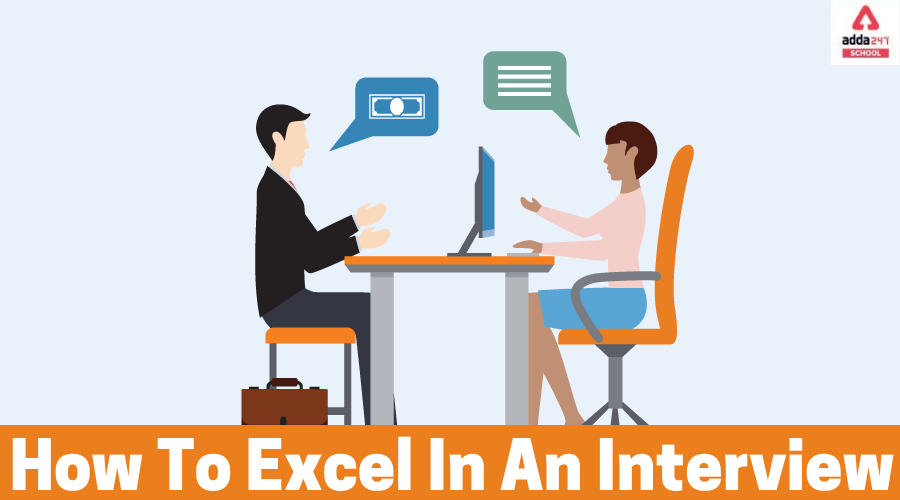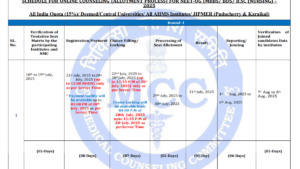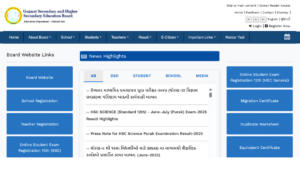How To Excel In An Interview
The number of available jobs is dwindling, and the level of competition is rising. If you are a novice, have recently lost your job, or are considering trying to expand, this is not good news. Interviewees are always on the receiving end, and you, as one of them, have no idea what will be thrown at you when the time comes for judgment. You largely rely on your luck and the interviewers’ attitude.
Even if certain circumstances may not be in your control, you may still plan for them. The most crucial step in the application process is making a good first impression during the interview. On paper, you could appear fantastic, but this generally isn’t enough to persuade an employer to hire you. If you don’t succeed in doing this, someone else—possibly someone less qualified—might win out over you.
Here are some basic tips that will surely help you excel in your interview.
How To Excel In An Interview: Some Basic Tips
1. Attitude
Being yourself is vital, but being the best version of yourself is also crucial. Interviewers often have terrifying tales of applicants who came across as haughty, impolite, unsuitable, or even aggressive. Examine your own body language. Is it kind and receptive? Is swearing okay if you’re asking someone to put their faith in you to represent their business?
Arrogance and confidence may be tricky concepts. Although having faith in your capacity to succeed in the position is crucial, it is never appropriate to point out everything a potential employer is doing incorrectly—especially if you haven’t even started working for them yet!
2. Know About Company and Industry
This should be obvious! An employer is right to demand this of you, therefore do it! Do thorough research on the firm you are applying to, and familiarise yourself with its goals, missions, vision, values, and functions. Make the perfect impression on your employer by using this information in your responses. The most important job you must complete before attending an interview is research.
3. Be truthful
What are your shortcomings is a common query. Under no circumstances should you claim to lack any. Nevertheless, avoid shooting oneself in the foot. Try saying something along the lines of I view flaws as chances for growth. I’m currently working on some of the following areas:
4. Dress formally
First impressions matter a lot. If employed, you would represent the company, therefore how you show yourself during the interview might have an unintentional effect on the interviewer’s assessment of your suitability. Although it may be a dress-down day at work, it is always advisable to arrive in professional clothes unless otherwise instructed.
Always remember that wearing too much clothing is preferable to wearing too little.
Avoiding everything that can potentially work against you will allow you to concentrate on your abilities, experiences, and personality. Take a change of clothes if this will cause a stir at your current place of employment.
5. Prepare your own questions
At the conclusion of an interview, you will be asked if you have any last-minute questions, so be prepared with a list. You may inquire about corporate social responsibility or training possibilities available inside the organization. Some individuals wish to inquire about the chances for advancement, but you should be wary of this inquiry because it can imply that you just want to hold this position for a little time. How many long-serving employees do they have? is a good way to quietly bring up the subject. It is never a good idea to bring up pay, pensions, or annual leave at this time. Wait for your boss to bring up such issues.
6. Listen
Your interviewer starts out by providing you with information, either directly or indirectly. You are passing up a significant chance if you are not hearing it. A key component of effective communication is the ability to listen and acknowledge what has been expressed. Match the interviewer’s manner and speed by paying attention to them.
7. Interview conclusion
Make a positive comment about the position and your degree of interest if you are interested in it before you leave the room. In fact, inquire about the interviewer’s opinion of your suitability for the roles or inquire about any factors in your history that could prohibit you from getting the job. You will have the chance to examine any items that may need more explanation.
You should finish the interview by showcasing your self-assurance and persuading the interviewer that you are qualified for the job.









 NEET UG 2025 Counselling Dates OUT! Chec...
NEET UG 2025 Counselling Dates OUT! Chec...
 Dr MGR Medical University Results 2025 R...
Dr MGR Medical University Results 2025 R...
 GSEB HSC Science Supply Result 2025 Down...
GSEB HSC Science Supply Result 2025 Down...









